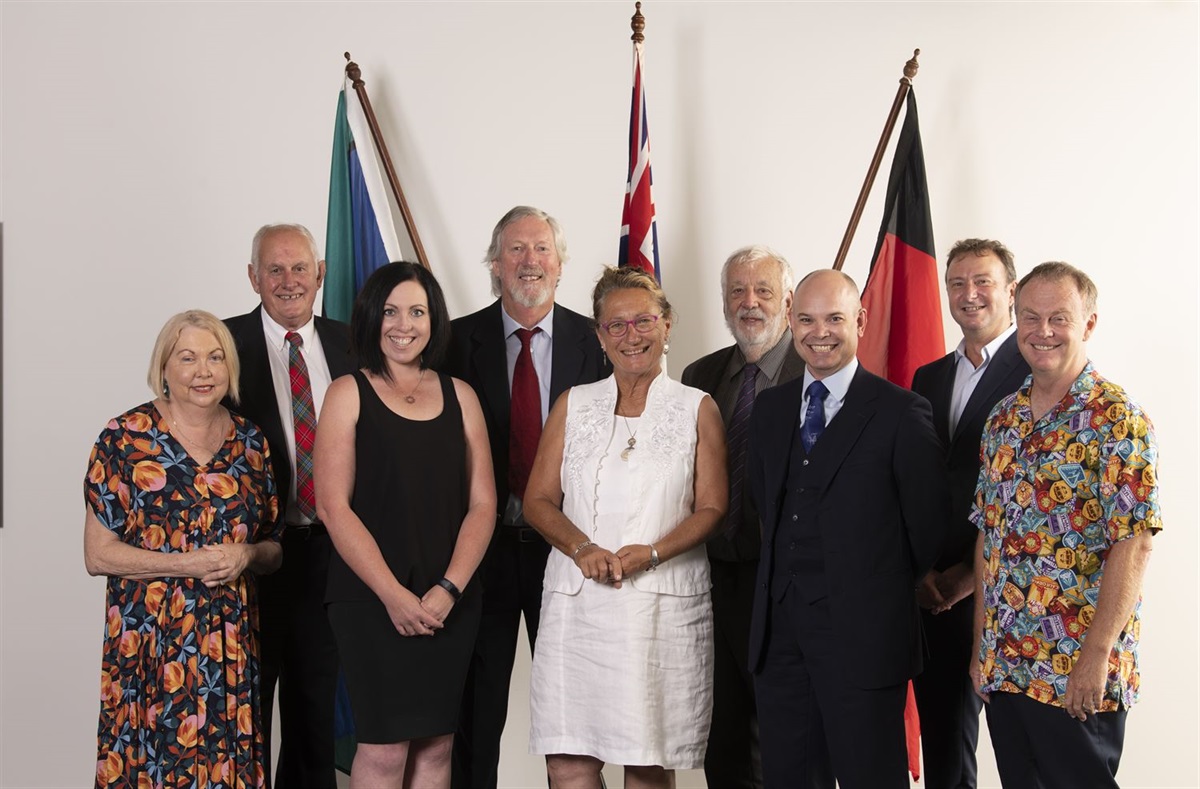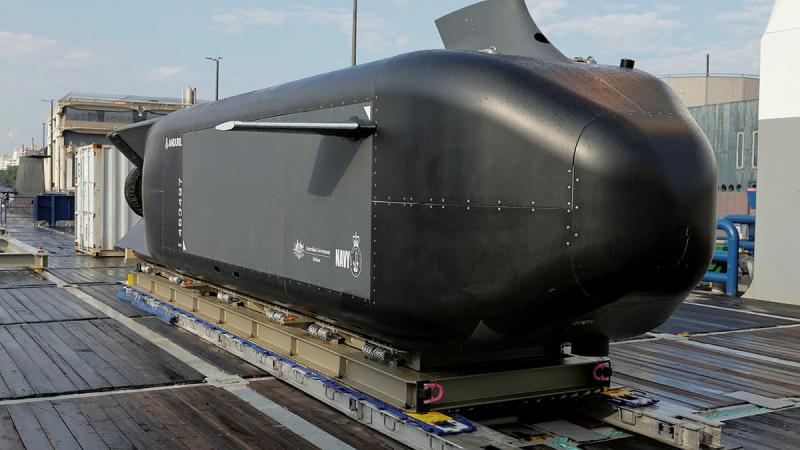
Karolinska Institutet’s Centre of Excellence in Disaster Medicine has been tasked by the National Board of Health and Welfare to arrange an education, training and practice package (e.g. on the handling of personal protective equipment) for medical personnel in connection with the Covid-19 outbreak.

“It’s a given that we at KI support the authorities, medical staff and carers and we’ll be giving priority to this initiative,” says Johan von Schreeb, professor of global disaster medicine at KI. “We’ve already started preparing the production of online courses and the different kinds of practice staff will need.”
Johan von Schreeb is a specialist in the field of global disaster medicine and leads the Centre of Excellence for Disaster Medicine, which was made a WHO Collaborating Centre in 2017.
“While the main focus will be on informing people about hygiene and safety procedures, we’ll also be taking up other aspects of personal protection in the care of patients who have Covid-19,” he says.
The background to this latest initiative is the National Board of Health and Welfare’s updated status report, which it submitted to the Ministry of Health and Social Affairs and the Swedish Civil Contingencies Agency (MSB) on Monday confirming the need for enhancing the national capabilities of personnel working with the administration of suspected or confirmed cases of Covid-19.
Access to personal protective equipment, training and practice in the handling of the equipment for less experienced carers and recommendations on how relevant inpatient beds can be guaranteed if the situation escalates are what Sweden’s regions (health authorities) say they need help with.
“If the viral spread escalates, it’s important that medical staff and carers have the knowledge they need to do their job in a way that doesn’t jeopardise patient safety – and that also makes them feel safe in their own work situation,” says Professor von Schreeb.








